News & Media
WIL initiative empowers students with industry-specific competencies
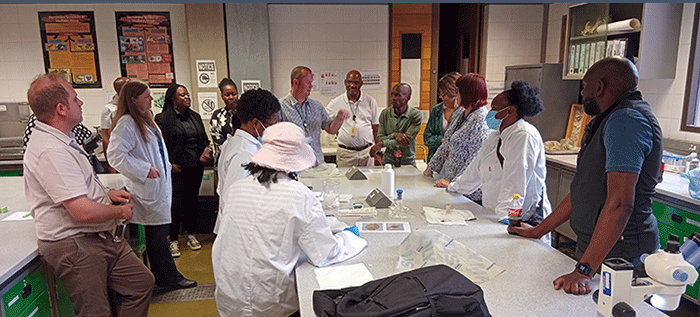
DISS management with Nature Conservation WIL students
Work-integrated learning (WIL) continues to stand as a cornerstone of Unisa’s commitment to bridging the gap between academic study and the world of work. The recently approved Unisa WIL Policy and Procedures describes the initiative as encompassing a range of curricular, pedagogic and assessment practices that integrate formal learning with workplace application.
While the WIL programme covers many forms of learning, such as placements, internships, experiential learning and apprenticeships, these activities are collectively reflected in the policy as workplace-based learning (WPBL). WPBL refers to the formal placement of students in authentic work environments, where they apply theoretical knowledge and develop professional competencies through real-world experience.
As a legislated requirement of the Department of Higher Education and Training, all departments offering WPBL modules must ensure that students are formally placed in suitable learning environments. However, the Council on Higher Education Institutional Audit (CHE 2023) identified that not all students are being adequately placed and supported to gain the necessary workplace experience they require.

Engineering students engage with DISS management
In an effort to provide first-hand experience for senior management of the Directorate of Institutional Support and Services (DISS), the WIL Office’s academics, with support of the College of Science, Engineering and Technology (CSET) and the College of Agriculture and Environmental Sciences (CAES), planned a day visit to the Unisa Science (Florida) Campus to engage directly with academics and students who are actively involved in WIL.
The visit began with a guided tour through the CSET laboratories, dedicated to various engineering disciplines. Here, the DISS management team interacted with WIL students who shared their insights into how they utilise the state-of-the-art facilities to gain practical experience. One of the stops was to view how a petrol vehicle was converted into an electric vehicle. The students spoke to the tour group with passion and pride about their projects to be completed at the Science Campus Engineering Labs.
These labs demonstrated how they provide students with hands-on exposure, comparable to industry standards; thus, ensuring that no student is left without an opportunity to develop essential skills and competencies.
In the afternoon, the delegation visited the laboratories used by CAES, including the well-equipped anatomy and chemistry labs that support WIL students in acquiring in-demand skills. A highlight of the visit was the heartfelt presentations by Nature Conservation WIL students who reflected on how their practical experiences, gained with the assistance of staff at the Science Campus labs, are preparing them for meaningful roles in their chosen field.
The tour concluded with a stop at the Horticulture Centre, a facility not currently utilised for formal WIL activities. The DISS team noted the high standard maintained at these facilities, which were comparable to those found in the industry.
The day visit to the Science Campus sparked enthusiastic discussion and renewed commitment to supporting WIL activities across all colleges. The DISS management team expressed a keen interest to conduct similar engagements with academics and students from the College of Human Sciences, the College of Economic and Management Sciences, and the College of Education, to ensure that every college offering formal WIL modules can showcase its programmes, partner organisations and student support initiatives.
This visit served as a timely reminder of the importance of aligning academic practice with real-world application, reaffirming Unisa’s ongoing dedication to preparing students for successful and sustainable employment.
* By Graeme Wilson, Manager, Work Integrated Learning Office, Directorate of Instructional Support and Services
Publish date: 2025-11-24 00:00:00.0


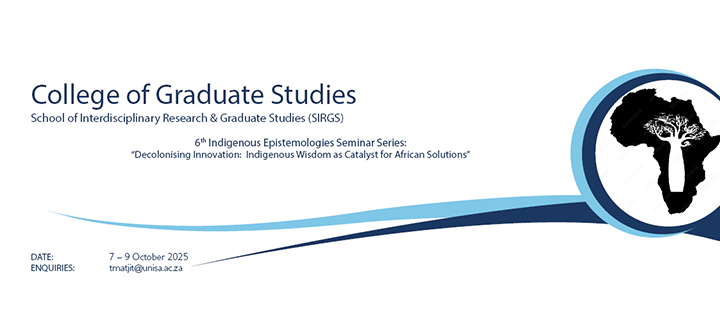 Decolonising innovation: indigenous wisdom as a catalyst for African solutions
Decolonising innovation: indigenous wisdom as a catalyst for African solutions
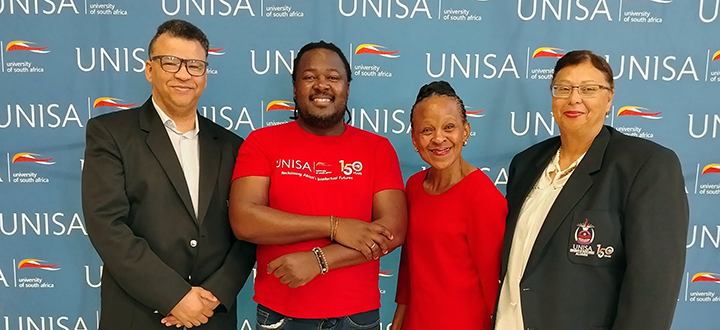 Unisa alumni inspire Elswood Secondary School learners to strive for excellence
Unisa alumni inspire Elswood Secondary School learners to strive for excellence
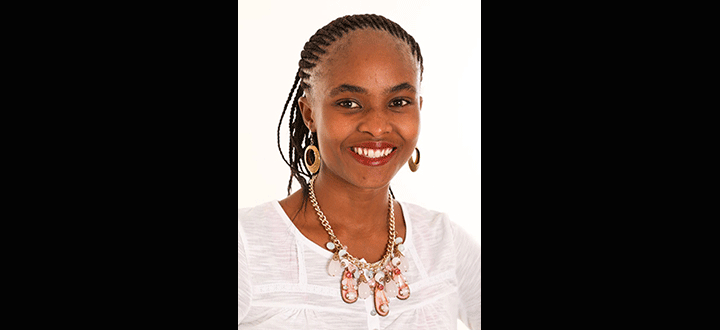 Inhlanyelo Hub alumna is pioneering Africa's future in drone technology
Inhlanyelo Hub alumna is pioneering Africa's future in drone technology
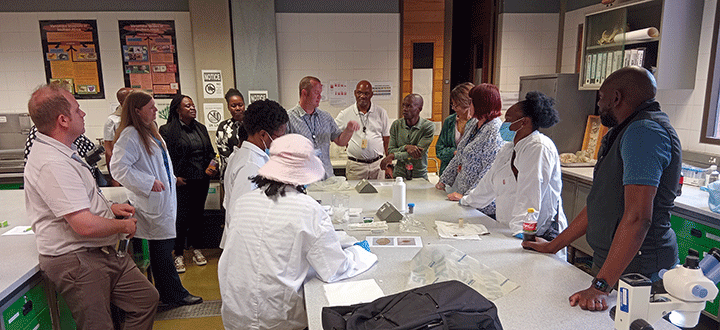 WIL initiative empowers students with industry-specific competencies
WIL initiative empowers students with industry-specific competencies
 Unisa graduates forge new frontiers in safer and smarter blasting in mines
Unisa graduates forge new frontiers in safer and smarter blasting in mines